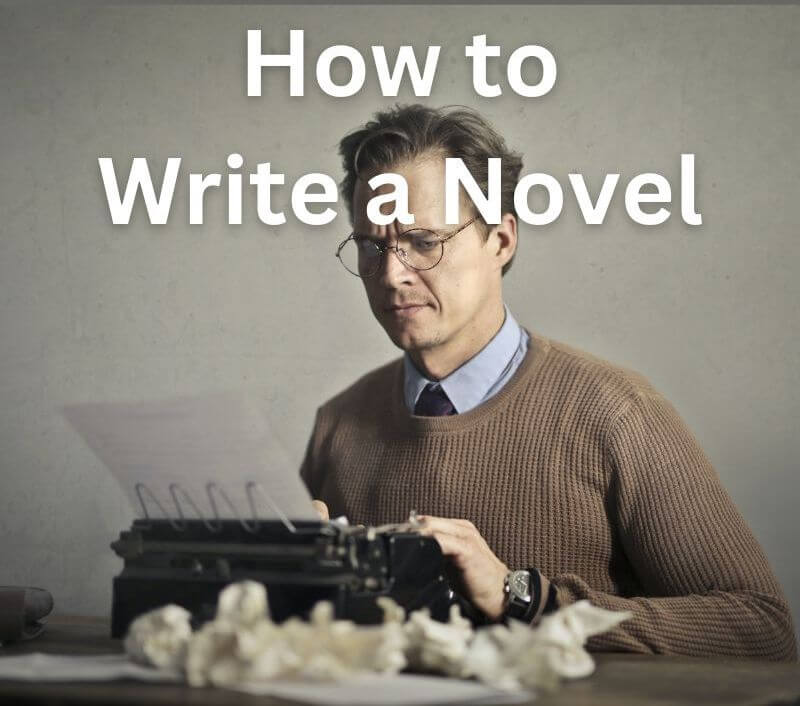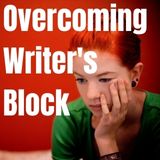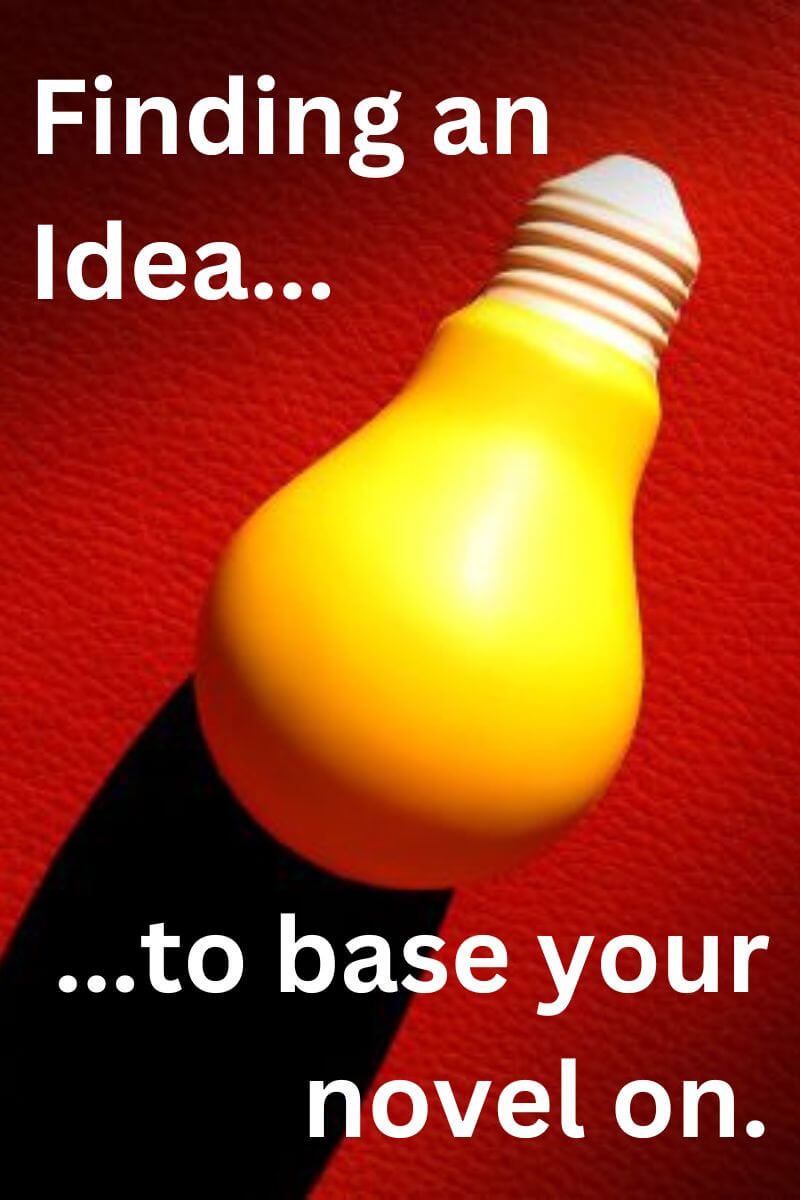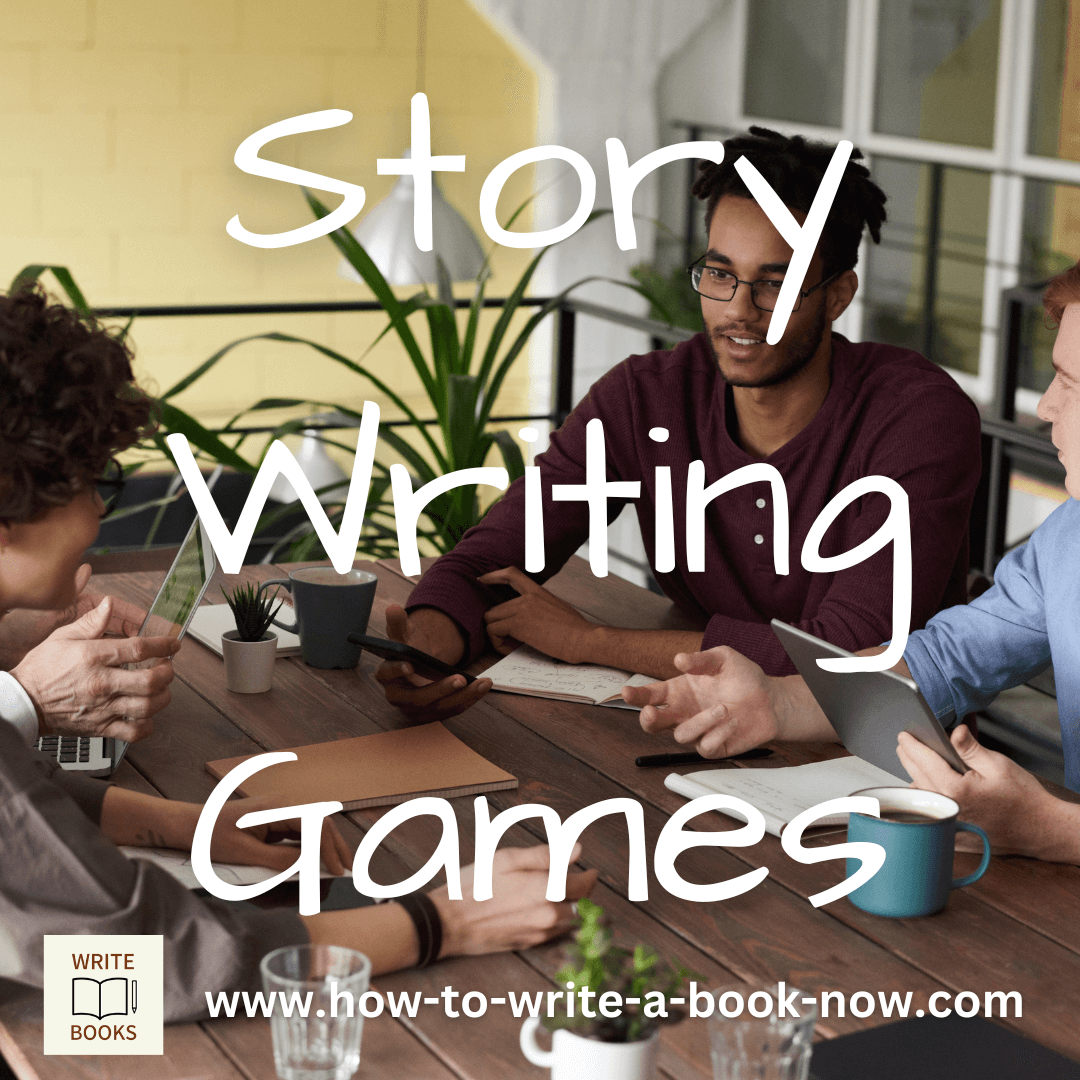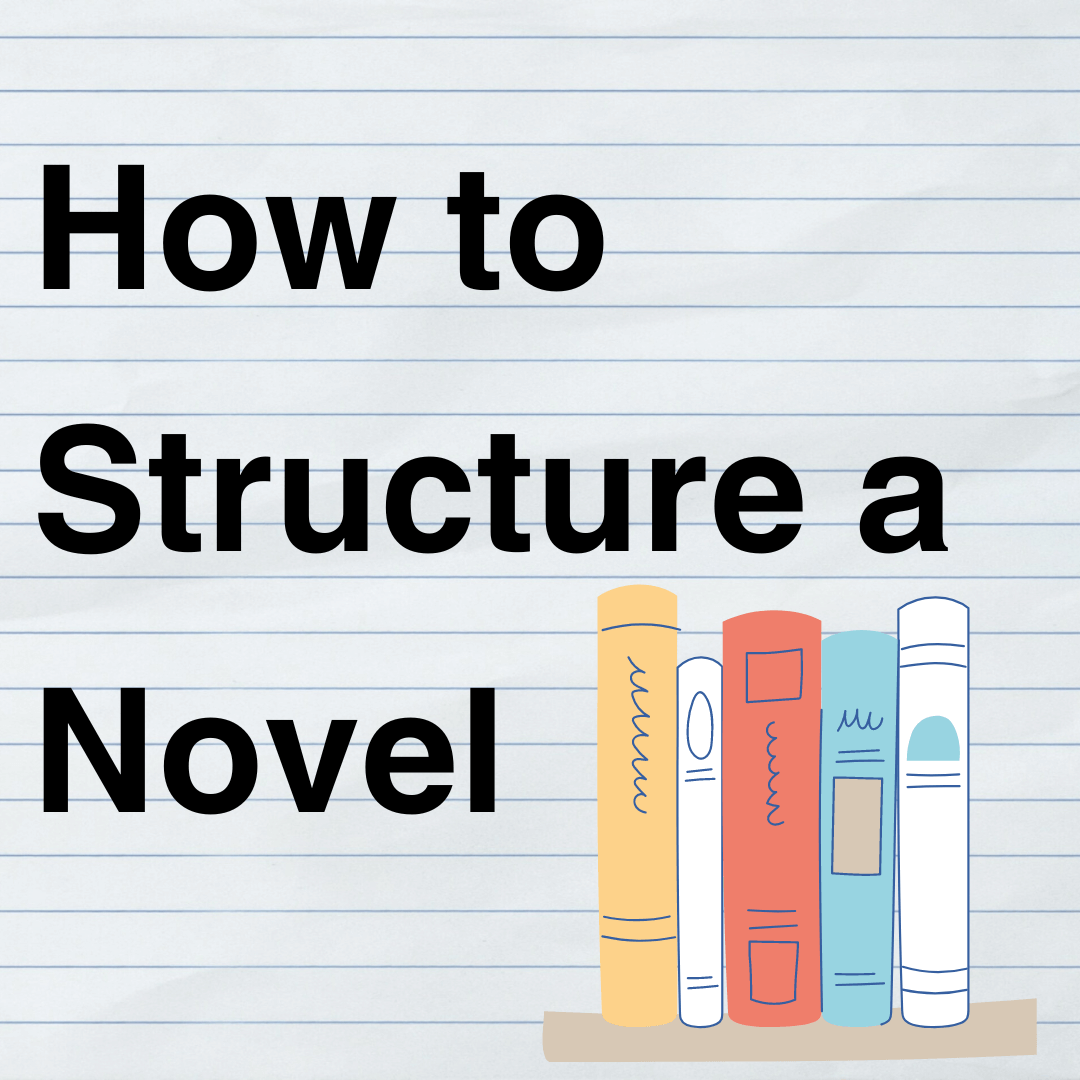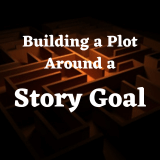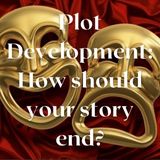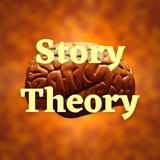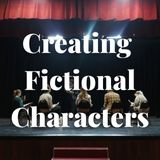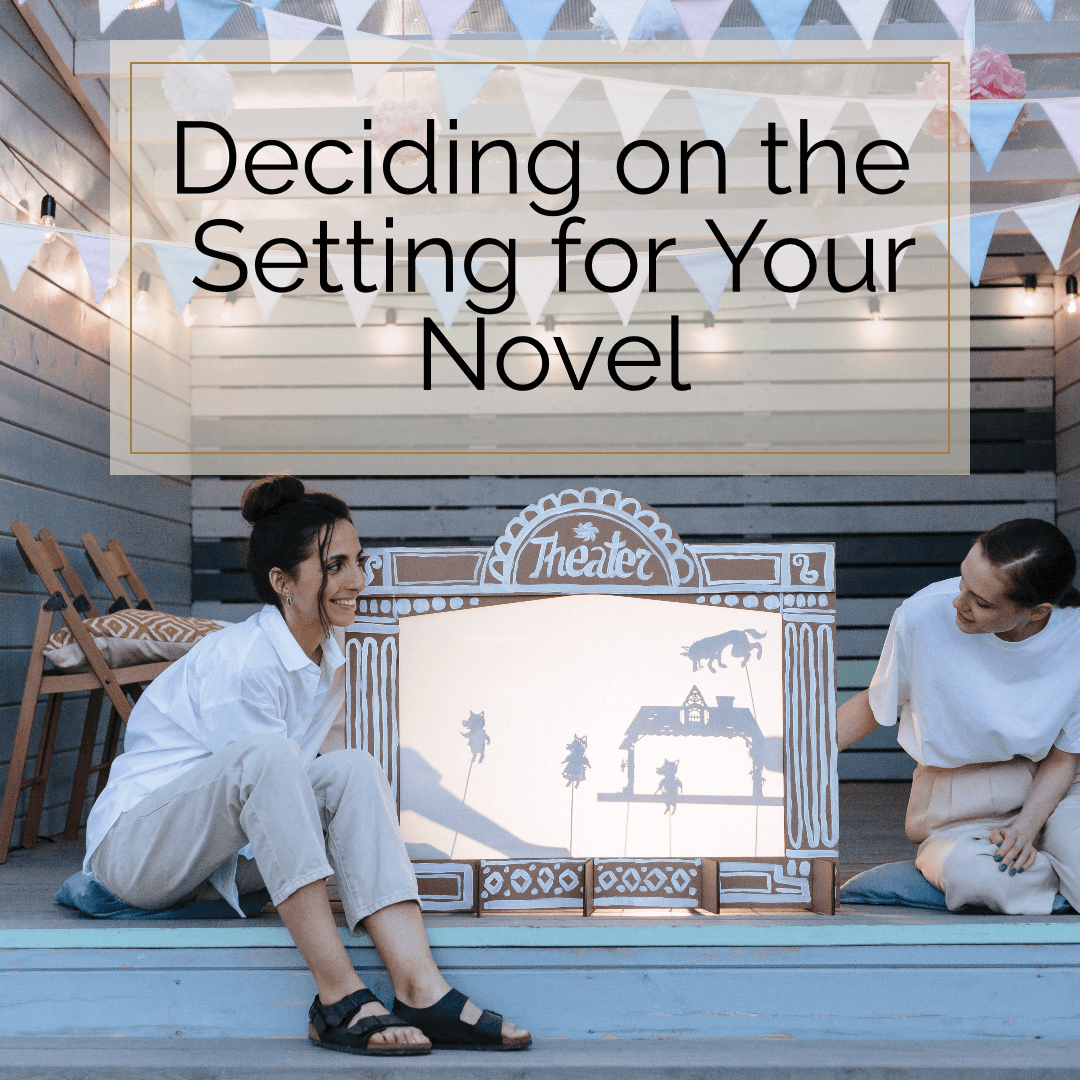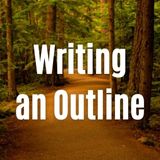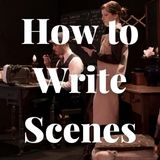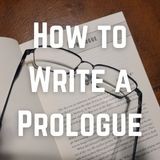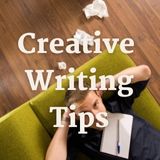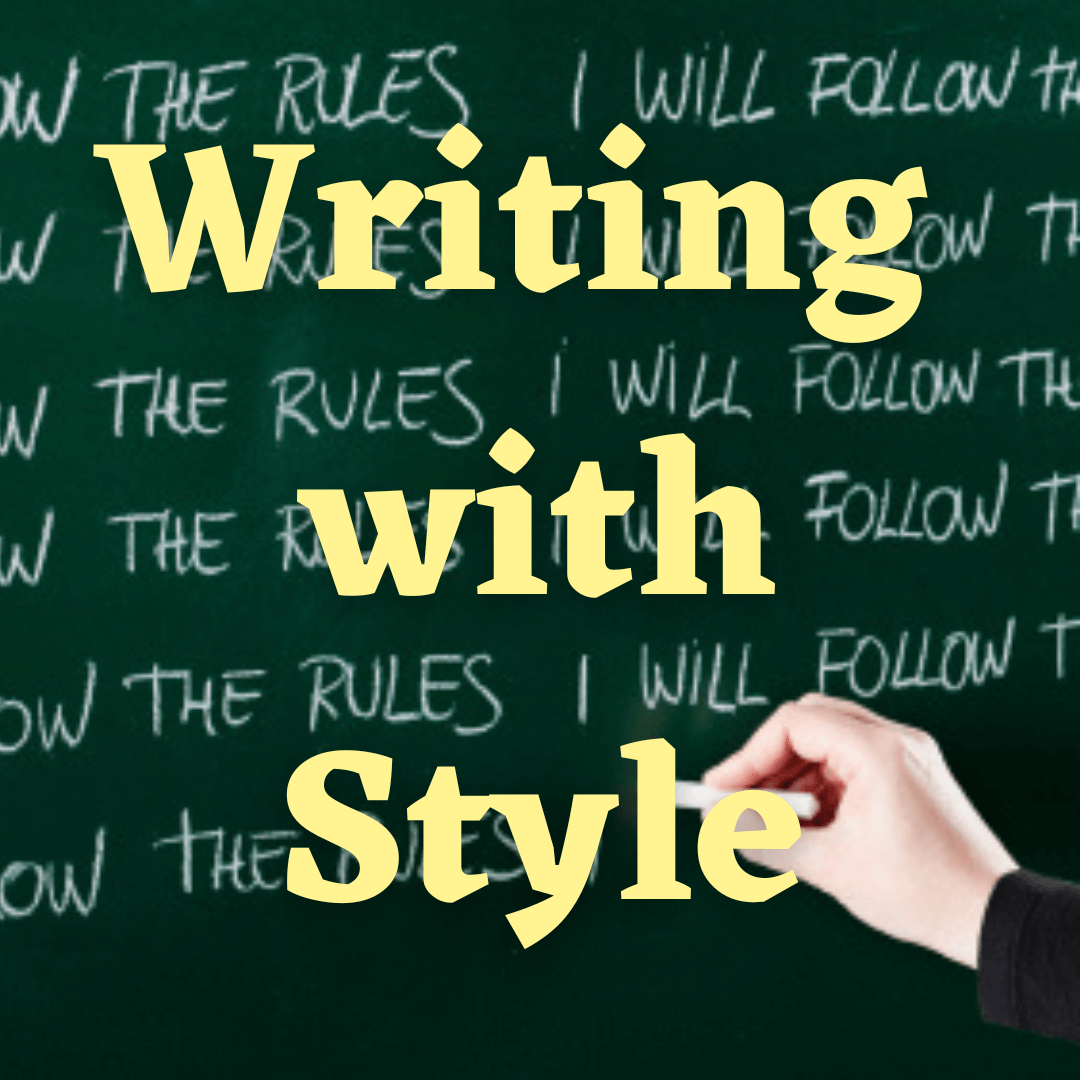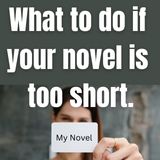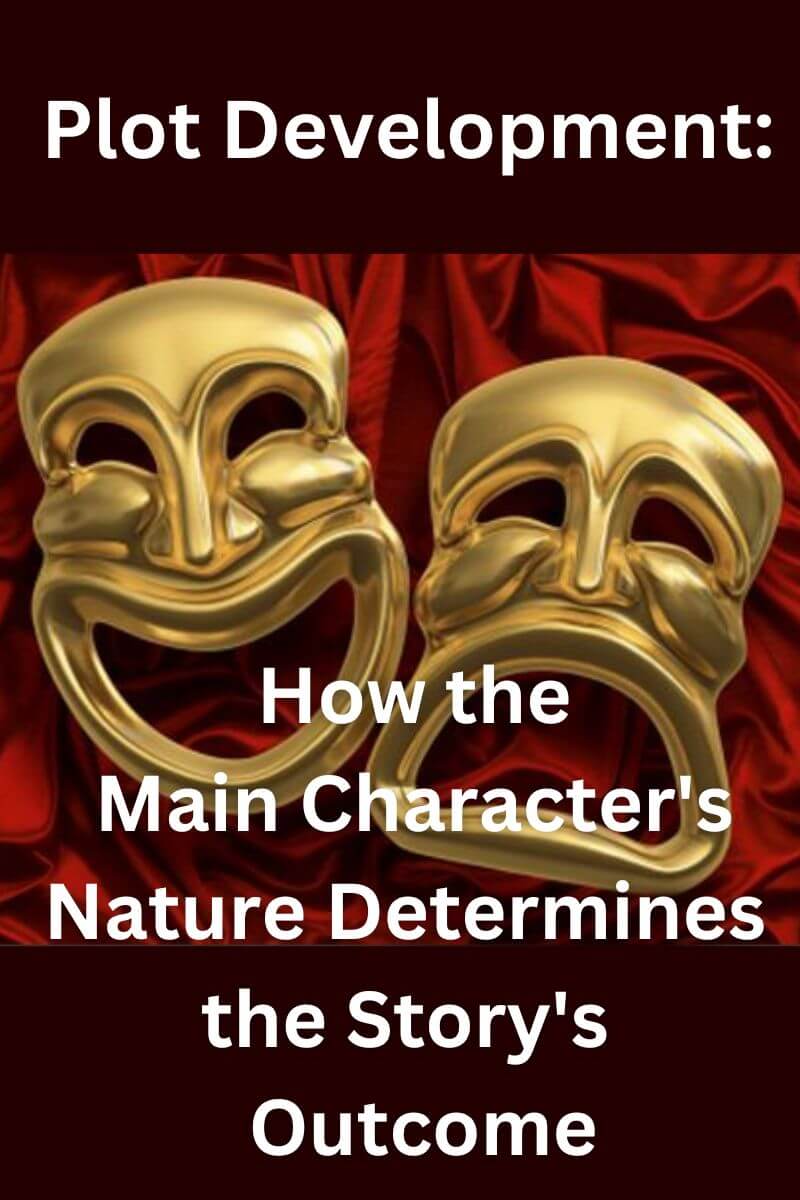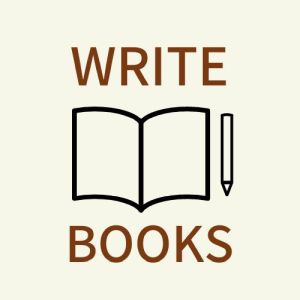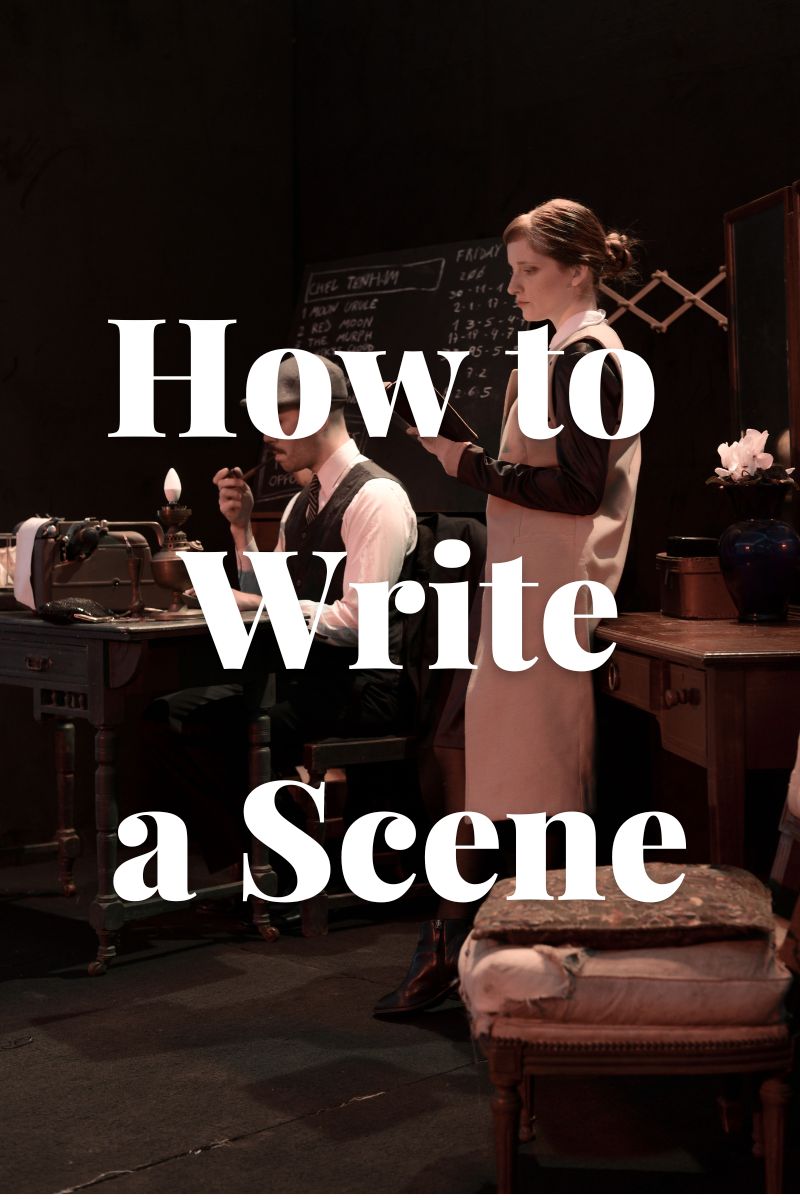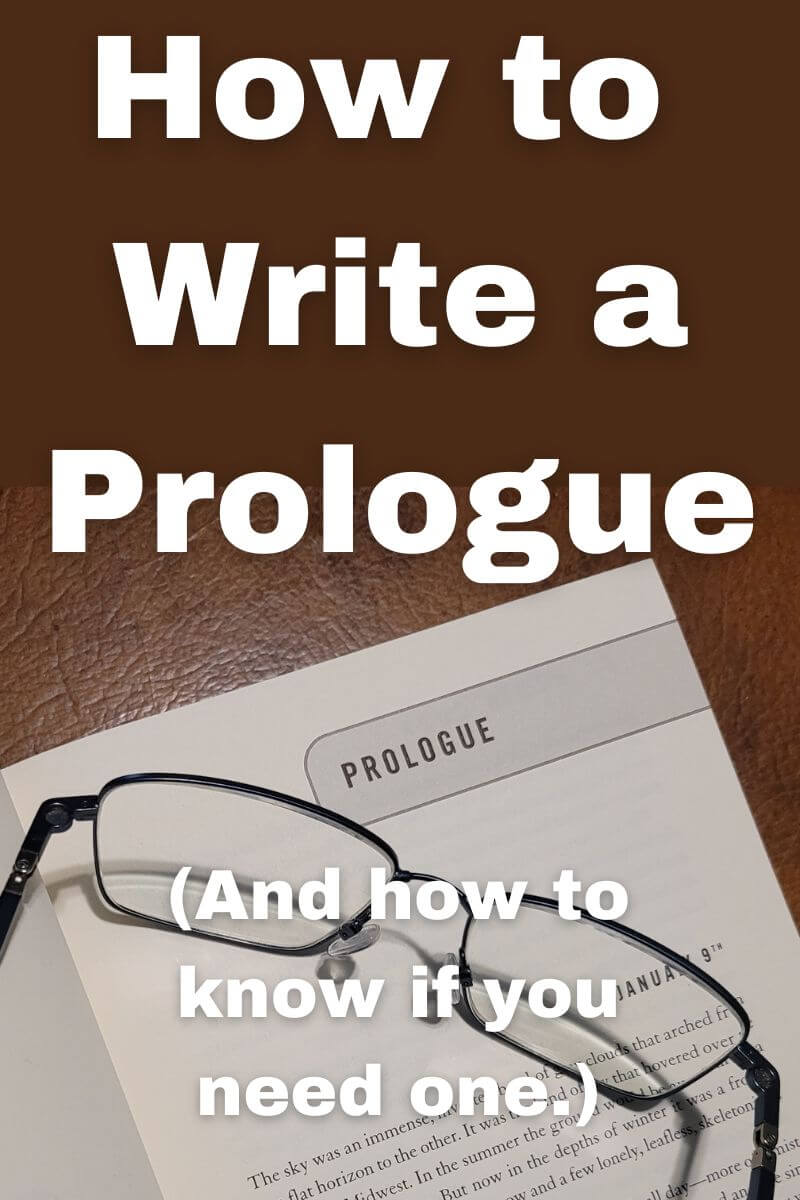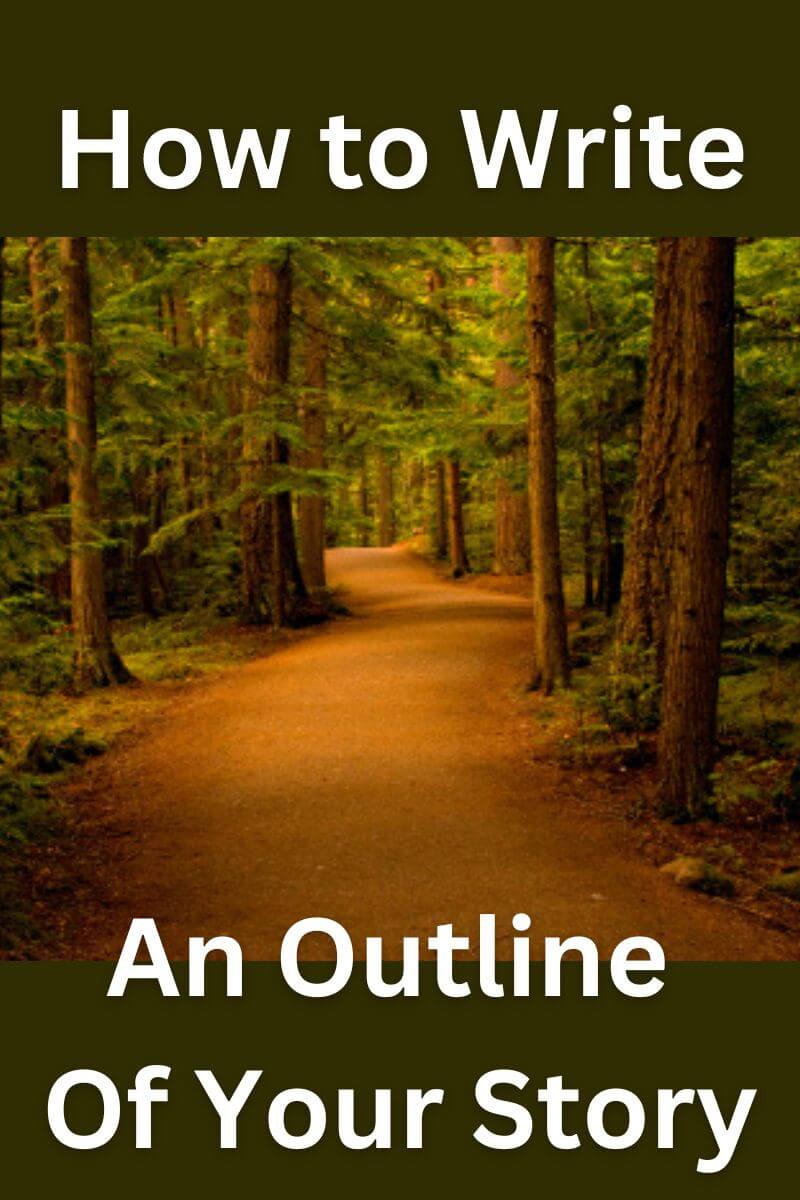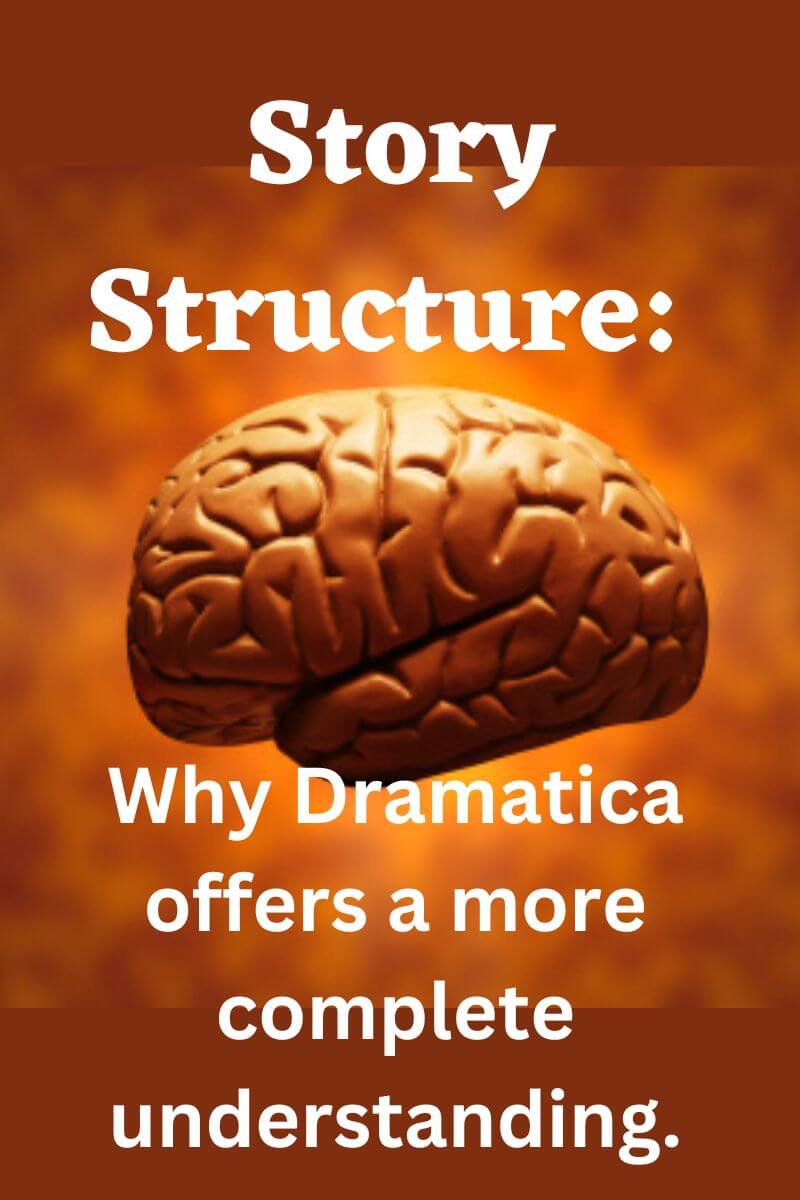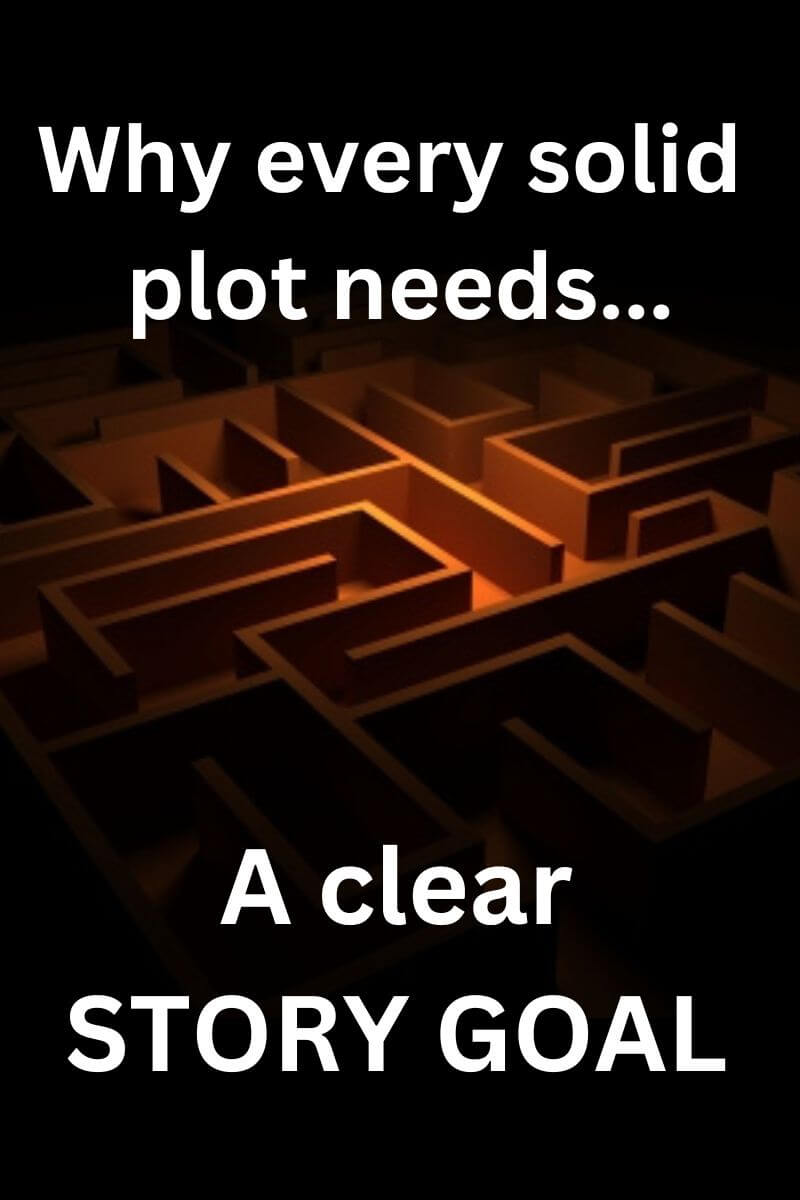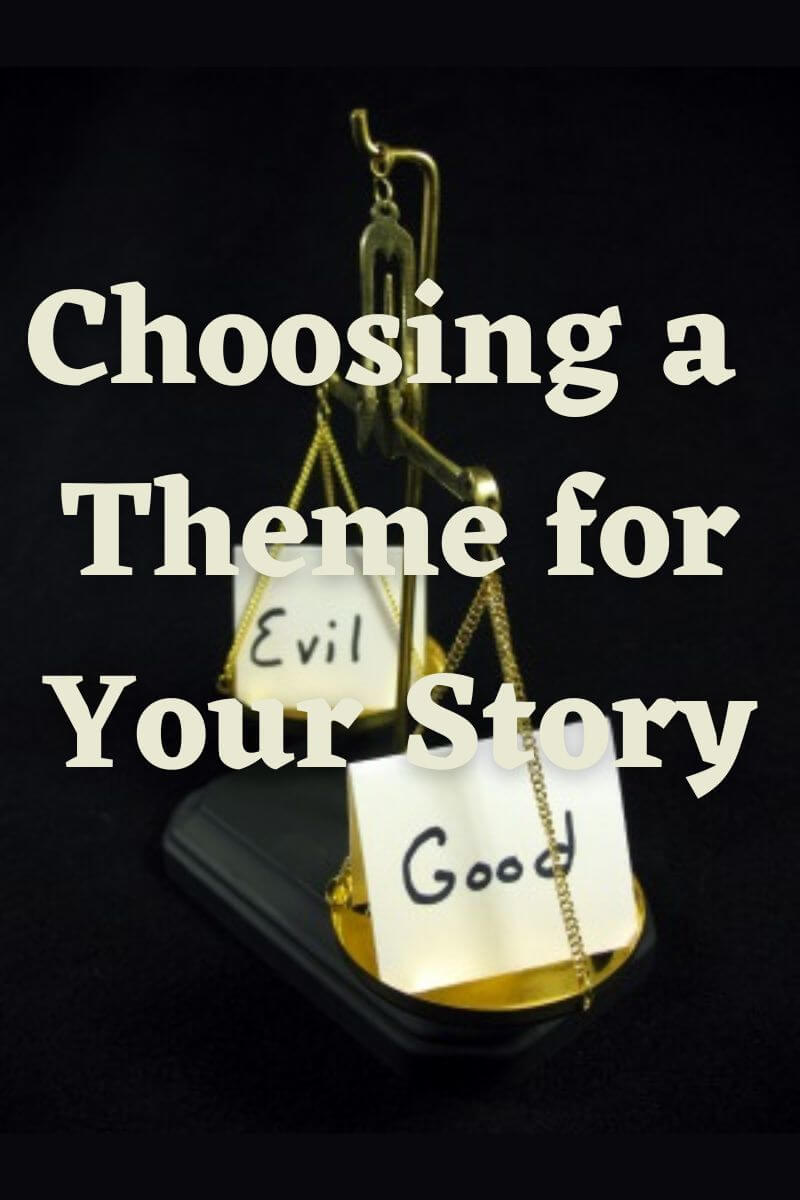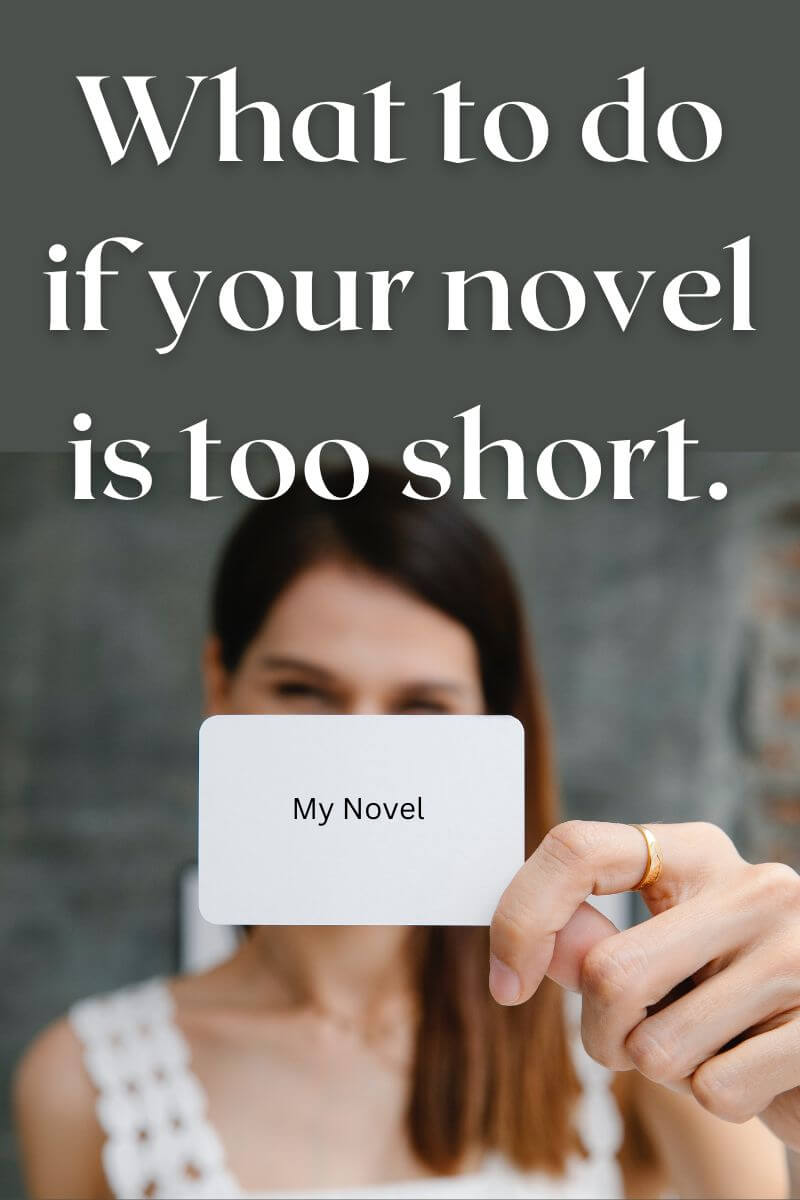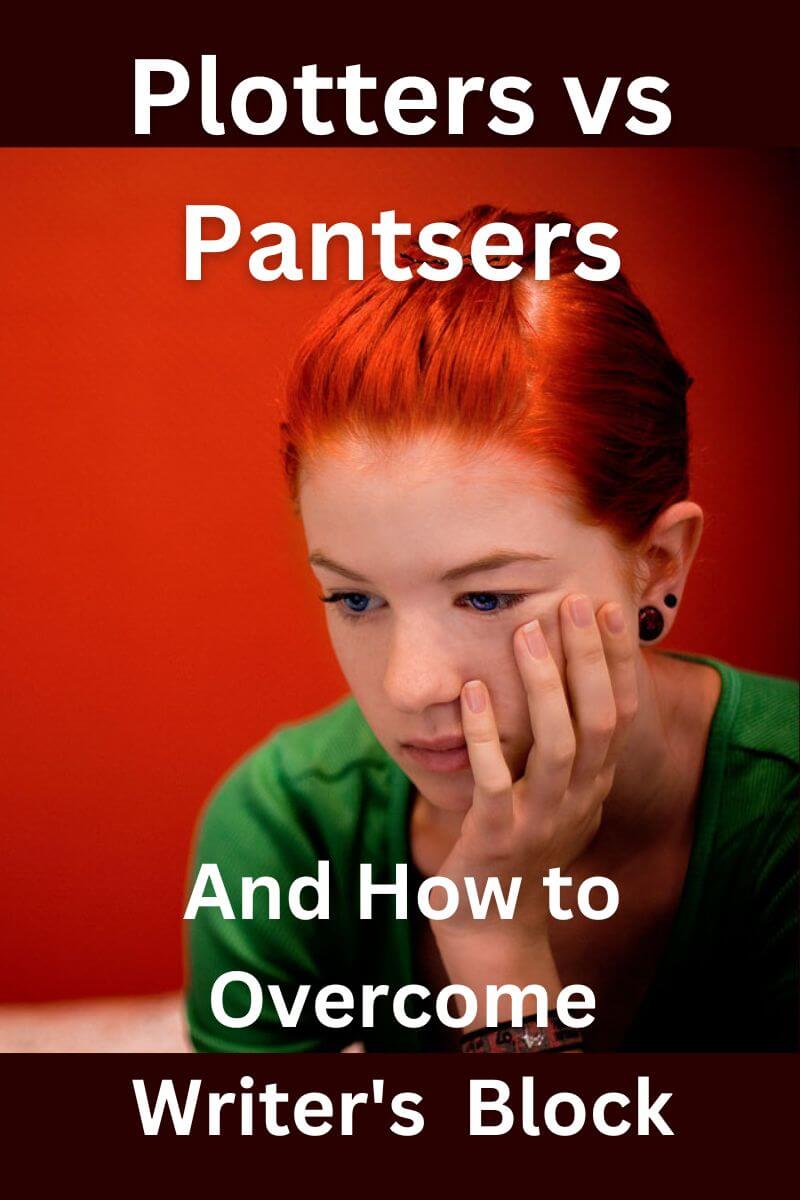How to Write a Novel
By Glen C. Strathy
Taking a little time to learn how to write a novel, before you start writing, will pay off tremendously. In the first place, your mastery of some simple novel writing techniques will result in a better manuscript. Secondly, you are more likely to actually finish your novel if you have some theory to fall back on when you get stuck.
Surprisingly, beginning writers often feel that, since they've read a lot of novels and perhaps taken some literature courses, they already know how novels work. Therefore, they conclude that writing a novel should be a breeze. Not true. To assume that novel reading qualifies you to be a novel writer is like assuming that, since you've lived in a house all your life, you know enough about houses to build one.
That's not so say you can't write a brilliant first novel off the top of your head, in one draft. There are a few writers who have done so, and they are the envy of us all. The vast majority of novelists, however, find their work goes much easier and faster after they’ve taken the time to do some learning and planning first.
At the same time, we know from experience that too much theory can itself become paralyzing. Let’s face it, novels are very complex creations. They can be studied from many different angles, not all of which are useful for the writer. And even practical topics such as story structure can become overwhelming if you study them in-depth or put them too far ahead of inspiration, passion, and spontaneity.
In the articles below, we will introduce you to some of the most powerful secrets to novel writing we've been able to find and discover to date. They will help you create a well structured and emotionally compelling novel without relying on clichéd formulas.
At the same time, we have tried to present these tips and secrets simply. We aim to give you enough theory to nurture your imagination and make your novel writing process easier. Just remember that you shouldn't spend so much energy mastering the theory that you fall out of touch with your passion.
Just before we start...
The first article below is intended to "set the stage" before we get into the more powerful secrets. It encourages you to reflect on how you instinctively approach creative writing.
Avoiding the Two Types of Writer's Block
What kind of writer are you -- a "pantser" or a "plotter"? Both kinds have their advantages and disadvantages, and both can experience different types of writer's block.
Stages of Preparation
Writing a novel is a big project. As with most big projects, it helps to do some preparation first. The articles below invite you to think about key elements of your story and to organize your ideas. They will significantly improve your chances of finishing your novel successfully.
How to Write a Novel, Part 1: Getting Ideas
Brainstorming Story Ideas
Maybe you already have a great idea for a novel. But in case you don't, use this easy technique to generate an endless supply of story ideas.
Writing Games to Generate Story Ideas
Probably the most fun way to generate story ideas is to play writing games, either on your own or with your writer friends. Here are an assortment of open-ended games you can try that can apply to any genre.
How to Write a Novel, Part 2: Creating Plot
How to Structure a Novel
Lessons on story structure from Aristotle to today's more advanced story models.
Choosing a Story Goal
The most important step in creating a plot for your novel is to decide on a story goal, which will be the lynchpin of your plot. Here are some of the more common types of story goal.
Creating a Plot Outline in 8 Easy Steps
Using the 8 essential elements of every good story, here's how to create a brief plot outline for your novel that is emotionally compelling and dramatically sound.
Crisis, Resolution, and Your Main Character
Story dynamics are one of the most useful plot development secrets. Learn how your main character's decision at the climax determines the most effective ending for your novel.
Story Structure from Aristotle to Dramatica
Much of the help we offer on this website is based on Dramatica, a theory of story structure which we feel offers the most complete and open-ended model of how good stories work.
How to Write a Novel, Part 3: Creating Fictional Characters
The next task as you write your novel is to develop a cast of characters -- including those that will fulfill the required dramatic functions in your story and help develop the main character's internal and external journey.
Here we present a series of articles on different approaches to creating fictional characters.
- Creating 3 Dimensional Fictional Characters
- Creating Characters from Real Life People
- Creating an Antagonist
- Creating Characters Using Dramatica Archetypes
- Your Main Character and Your Impact Character
- The 12 Jungian Character Archetypes
- Using the 12 Jungian Character Archetypes
- How to Write a Byronic Hero
- How to Stop Writing Marry Sues
- Choosing Character Names (Q&A)
How to Write a Novel, Part 4: Setting
Here we present a series of articles on choosing or designing a fictional setting for your novel according to your genre and your aims.
- What is Setting?
- How Setting Contributes to Reader Enjoyment
- 6 Types of Fictional Worlds
- Creating Fantasy Worlds
- Soft vs Hard Worldbuilding
- Using Real Places as Settings
- Setting and Dramatica
How to Write a Novel, Part 5: Choosing a Theme
A well-expressed theme can be as valuable to your novel as character and plot. Here's how to convey a message without being heavy-handed.
How to Write a Novel Part 6: Writing a Complete Outline
The next step in preparation involves writing an outline of your novel. This will help ensure your first draft is tight and emotionally compelling, with no sagging middle.
How to Write a Novel Part 7: Revising
Writers often say that "writing is rewriting." Once you finish a first draft, revising that draft is a major part of the writing process. Here we present some guidelines for turning a rough first draft into a polished final draft.
Bonus Topics
Start Writing Scenes
Once you have your outline prepared, you are ready to start writing the actual scenes of your story. But, naturally, we have a few tips on how to outline each individual scene, in case you're uncertain.
How to Write a Prologue (and do you need one?)
Does your novel need a prologue? Here's how to decide if it does and what your prologue could be about. Plus tips on how to write a good prologue that adds real benefit to your novel.
Creative Writing Tips
Learn how to use a wide range of fiction writing techniques such as...
- how to begin and end a story
- how to write action scenes, fight scenes, etc.
- how to avoid sagging middles
- how to develop your main character's inner conflict.
Tips on Improving Your Writing Style
Discover the secrets of improving your writing style. Includes:
What to do if your novel is too short.
Steps you can take if you discover the first draft of your novel is too short.
- Home
- Write a Novel
Do you have a question about how to write a novel or any of the articles on this page? If so, visit our Questions About Novel Writing page to get the answers you need.
